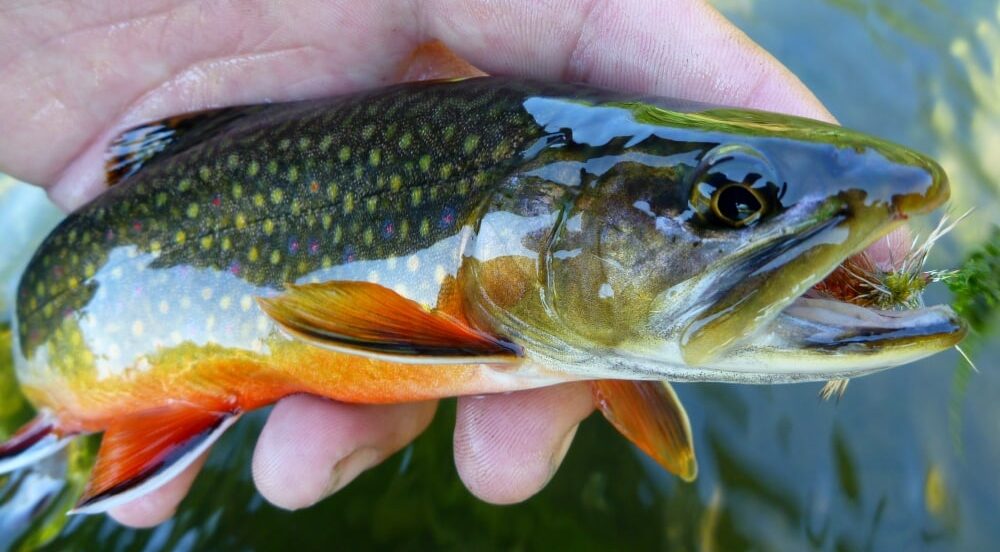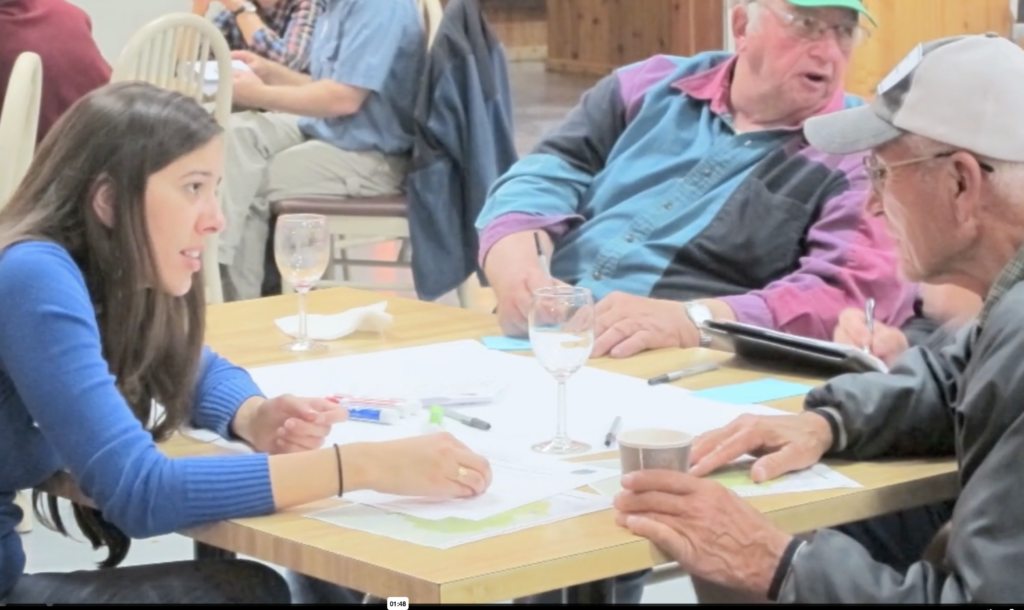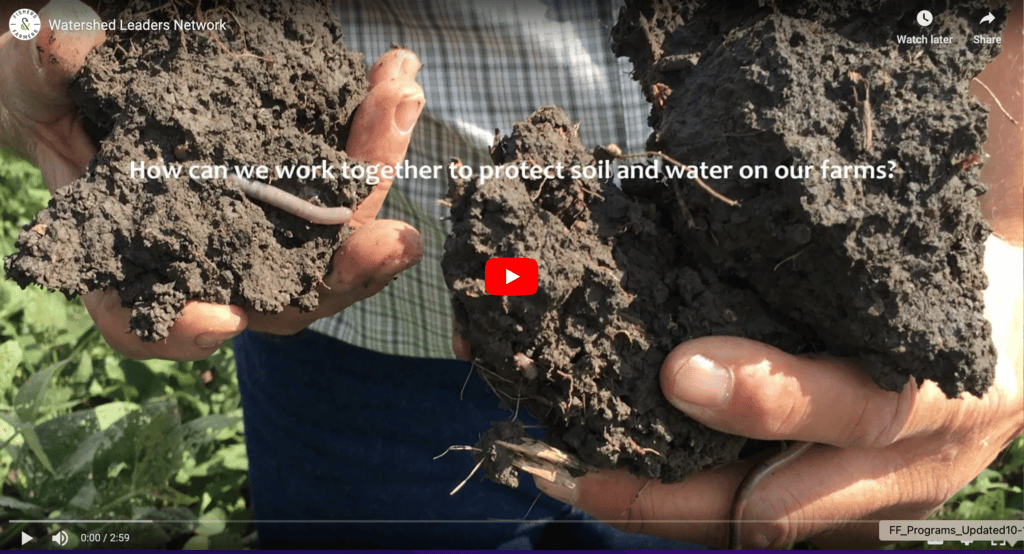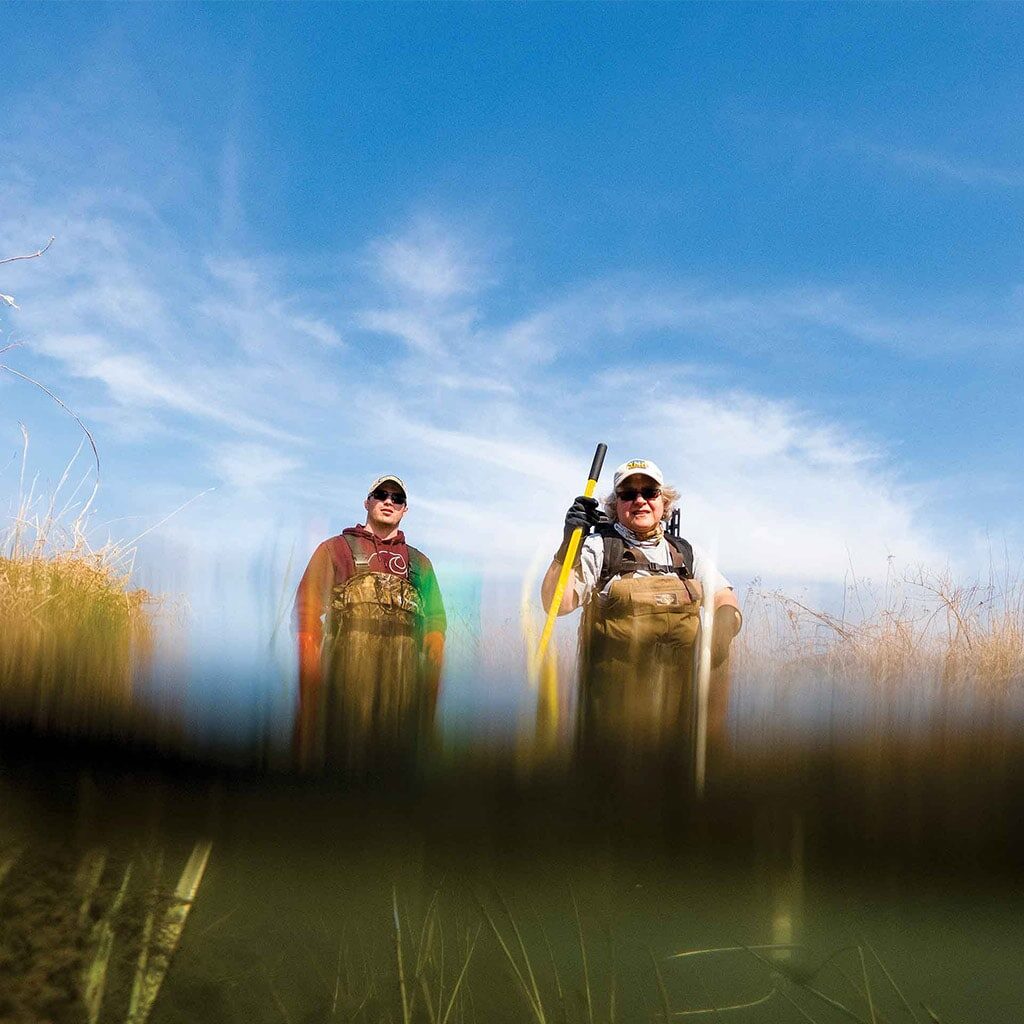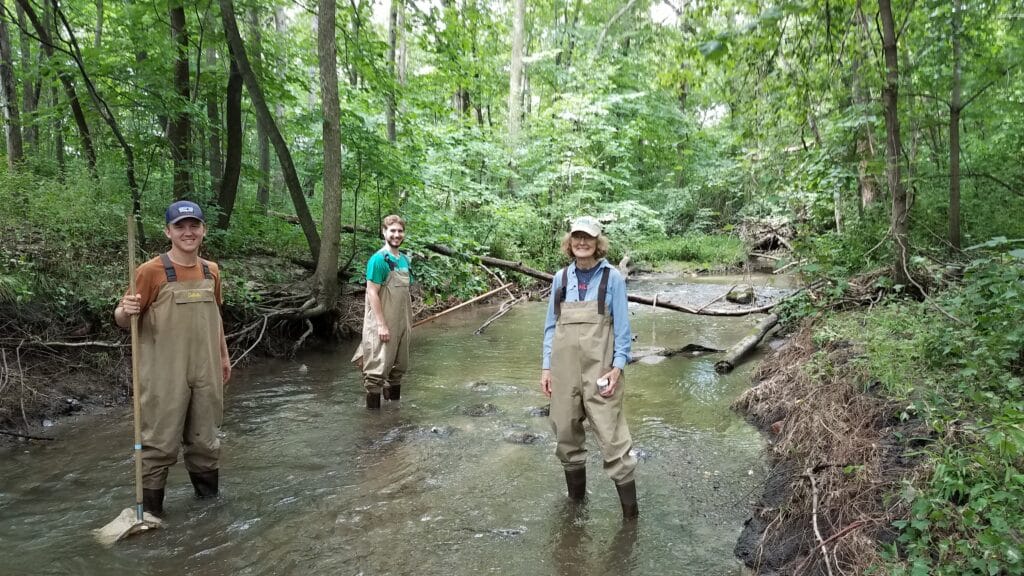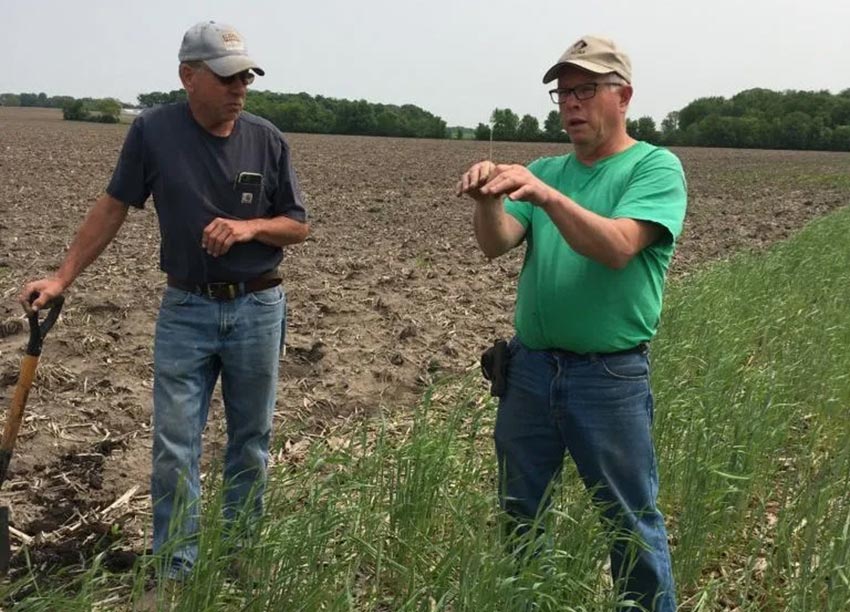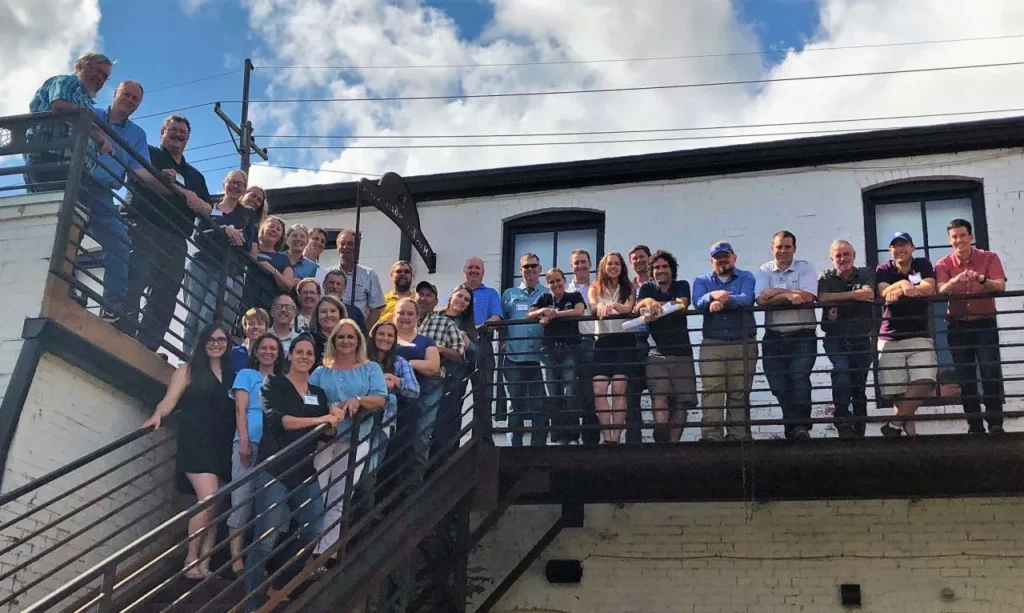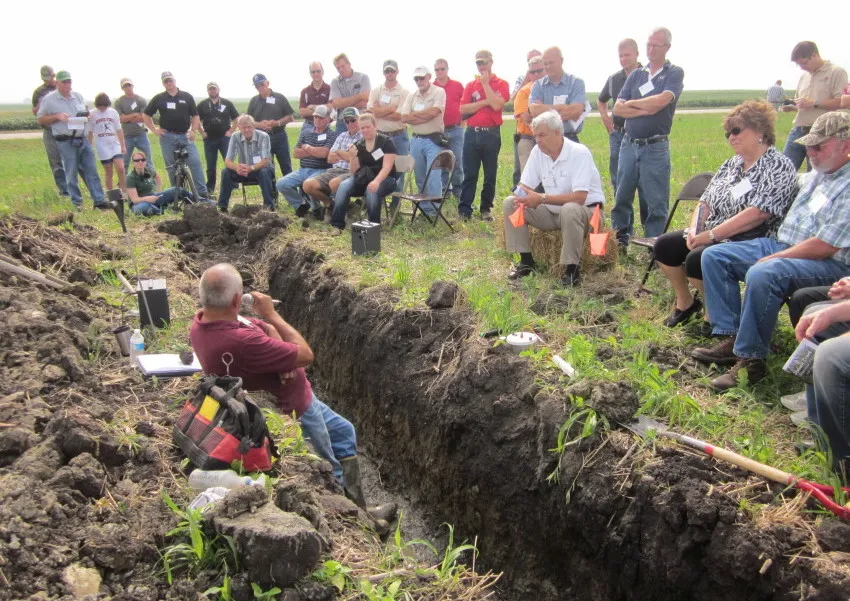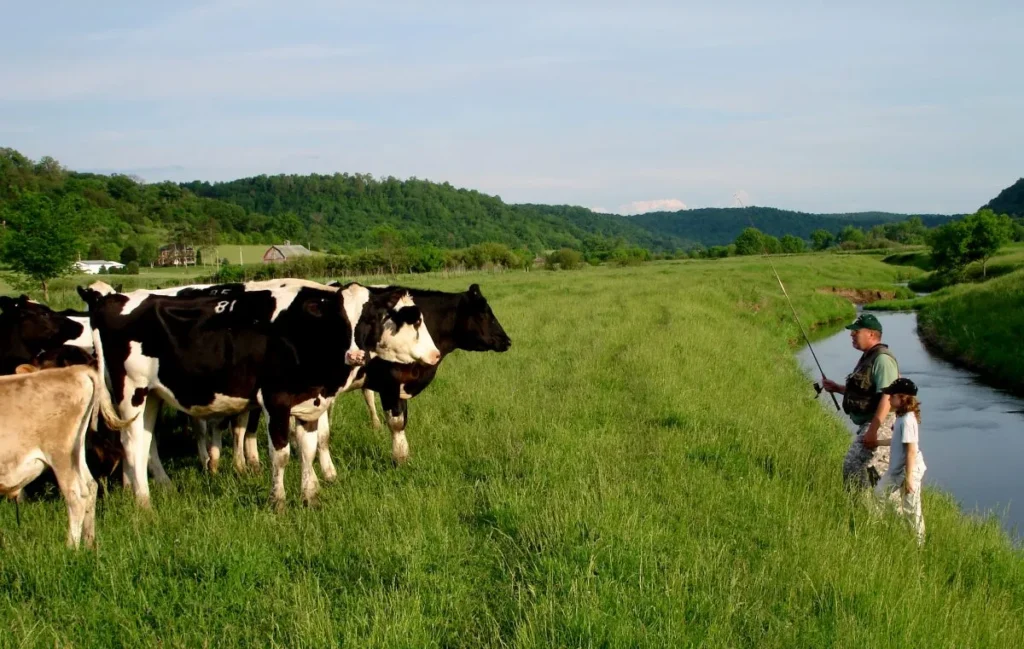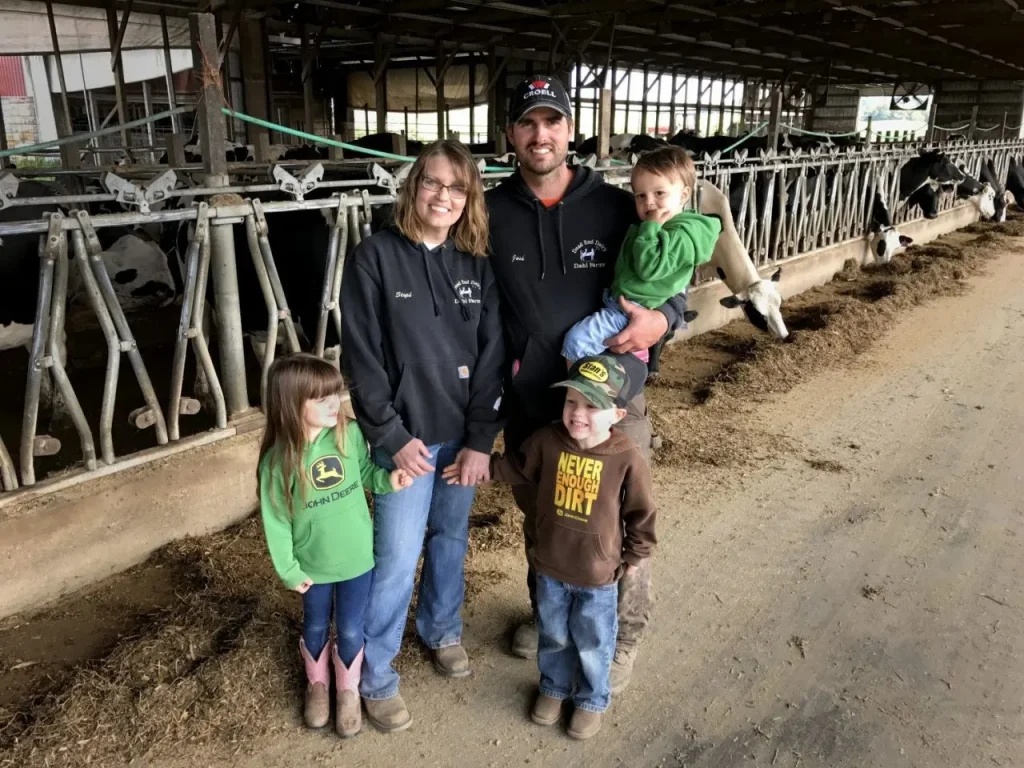Le Sueur River Watershed Network overview
Citizens in the Le Sueur River Watershed met in 2012 to form a citizen-led group to improve watershed conditions. Meet participants and see how people with diverse experiences are working across the watershed as Le Sueur River Watershed Network.
Read MoreVideo | Watershed Leaders Network
Fishers & Farmers’ interactive, no-lecture, professionally-facilitated workshops bring farmers, landowners and collaborators together to ask questions, hear new perspectives, reflect, and identify their own next wise steps.
Read MoreCorn, cows…and trout
Silver Creek Watershed coordinator Neil Shaffer is achieving his four goals—reduce soil loss, improve water quality, enhance wildlife habitat, and increase net farm income—because of a cascade of cooperation.
Read MoreBoots on the Ground | Clean River Partners
Meet a watershed coordinator, farmer, two college professors and Rice SWCD staff who are breaking down barriers and working together to keep nutrients and sediment out of Rice Creek.
Read MoreDundas farmers improving water quality in Rice Creek
Minnesota’s trout streams are treasured resources offering people outdoor recreation and excitement. Sometimes though, trout streams can have a rough time in farm country. Thanks to the work of 11 farmers in Dundas, Minnesota, water quality in Rice Creek is showing important improvements.
Read MoreHannibal, Missouri
For two days in Hannibal, Missouri, 45 participants explored the question: What’s needed now to engage more farmers and landowners in actively caring about streams and water quality? Participants shared their own diverse experiences and knowledge in a series of conversations, then supported each other in identifying next wise steps for work at home.
Read MoreAt Indian Creek, collaboration shifts local norms
Community outreach led by a farmer-driven steering committee in Indian Creek watershed transformed nutrient use and helped bring 50% of basin farmland into conservation practice.
Read MoreWorking together locally for farms, streams and economic growth
In southwest Wisconsin, farming practices such as cover crops, contour strips and native grass strips help sustain recreational fishing that generates more than $1 billion annually for the local economy.
Read MoreRoot causes, root solutions
Root River Field to Stream Partnership tracks the effect of farm practices on streams and helps landowners act for the future. See how Steph and Josh Dahl invested to expand their operation.
Read More